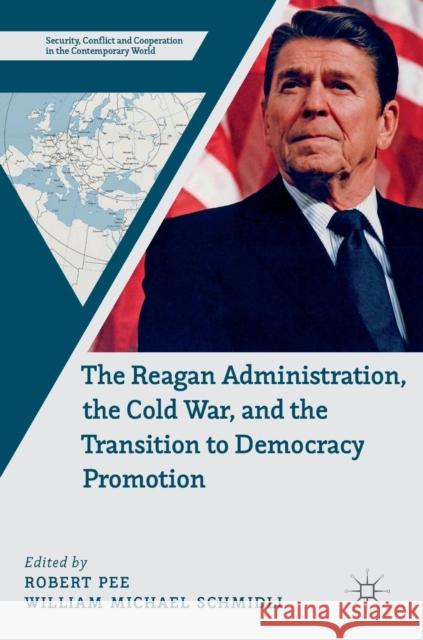The Reagan Administration, the Cold War, and the Transition to Democracy Promotion » książka
topmenu
The Reagan Administration, the Cold War, and the Transition to Democracy Promotion
ISBN-13: 9783319963815 / Angielski / Twarda / 2018 / 336 str.
Kategorie BISAC:
Wydawca:
Palgrave MacMillan
Seria wydawnicza:
Język:
Angielski
ISBN-13:
9783319963815
Rok wydania:
2018
Wydanie:
2019
Ilość stron:
336
Waga:
0.56 kg
Wymiary:
21.01 x 14.81 x 2.06
Oprawa:
Twarda
Wolumenów:
01
Dodatkowe informacje:
Wydanie ilustrowane











